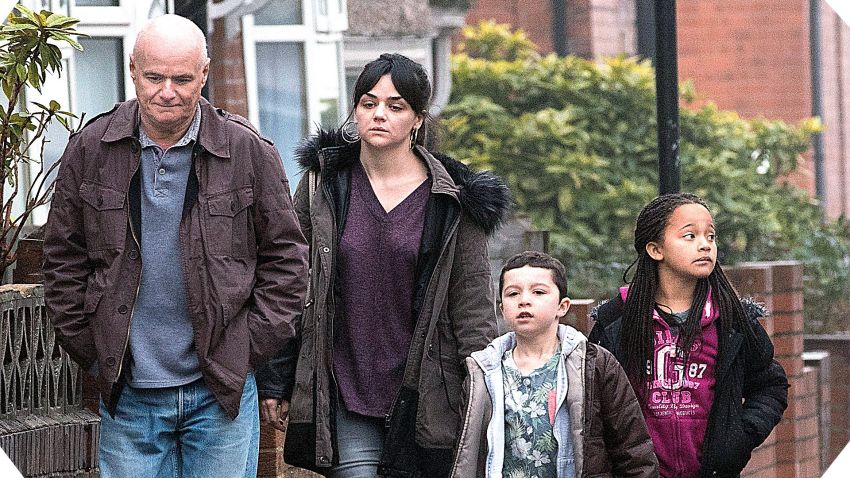
I, Daniel Blake
Written by Paul Laverty & directed by Ken Loach
Starring Dave Johns & Hayley Squires
In cinemas
To be in need of government welfare in this neoliberal world is to enter one of the circles of hell. Government services have been constructed so that people receive as much hassle as they get help – to preserve them from becoming “welfare dependent”.
British socialist film director Ken Loach and his long-time screenwriting partner Paul Laverty developed the story of this film after interviewing people dependent on food banks in Britain. Loach also got information from workers within the welfare agencies — their anonymous help is acknowledged in the credits at the end.
The resulting film is gritty, realistic and deeply moving. Loach pierces right to the heart of the matter: the modern capitalist state is pitiless.
Set in Newcastle on Tyne, on the Scottish border, the tale weaves together the lives of two people caught in the web of a bureaucracy designed to drive them to despair by frustrating them.
Daniel Blake is an ageing construction worker unable to work because of ill health. The other main character, Londoner and single mother Katie, is desperate to feed and clothe her two children — but has been provided with housing in Newcastle, which is on the other end of the country from her family support networks.
The film demonstrates the solidarity between the oppressed as Dan uses his carpentry skills to fix Katie’s dilapidated flat. Without the human contact their lives would be devastated.
It also shows how, when people are balanced right on the edge of poverty even the smallest thing — like a single bathroom tile cracking — can overwhelm them.
The welfare recipients are not the only ones chewed up by the system. The office workers compelled to deliver the lack of service are disciplined if they show any compassion.
The “welfare system” portrayed has been deliberately constructed to be as complex as possible, with an infinite number of traps for unwary “clients” to fall through — and fall into poverty.
Blake’s heart may be defective but it is as big as the working class from which he comes. He knows the meaning of human dignity, while his oppressors know nothing but rules, regulations and, ultimately, police power.
Loach has done the whole class proud in championing this heart-rending story. But the point is to change the system, which begins when you exit the cinema.
Loach made his name in the 1960s producing TV dramas for the BBC Wednesday Plays series. His ground-breaking style was to not only take his cameras out of the studio and into the working class streets where the stories were set, but to integrate ordinary people’s tales into the scripts.
The effect was electrifying. Being the committed socialist that he is, Loach has made these films available for free at https://www.youtube.com/user/KenLoachFilms.